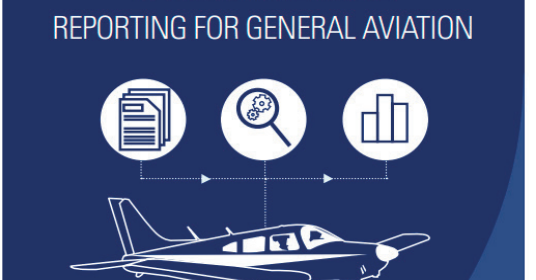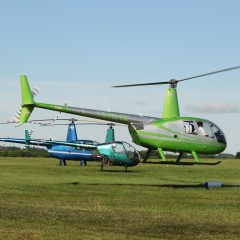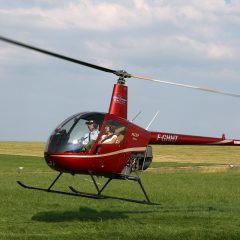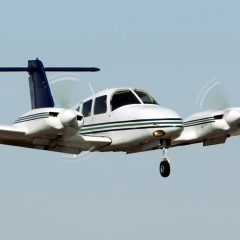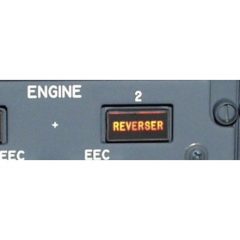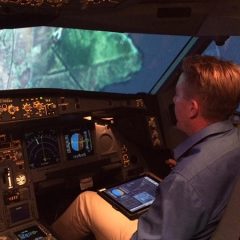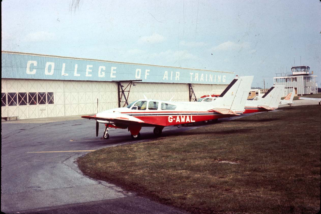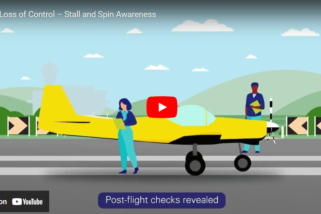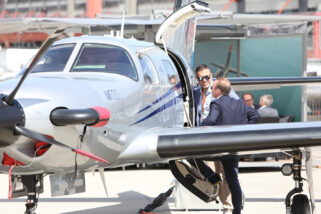Preventing Helicopter Accidents, Helen Krasner
Despite how it often looks at the time, few helicopter accidents are the result of only one factor. Many are said afterwards to have happened due to human error, pilot error, or whatever term you prefer, but they actually tend to occur because a number of things go awry at the same time. Poor weather, navigation problems, fatigue, stress, distraction – all of these are contributory factors in many rotary accidents. Yet most helicopter...
HELICOPTER INSTRUCTOR – PILOT OR SOCIAL WORKER?
Teaching students to fly any type of aircraft is probably as much about people skills as it is about flying. You have to relate to all types of individual and must often adapt your teaching style to their aptitude, previous life experience, attitude to flying, and so on. Perhaps this applies particularly to helicopter flying, which can be very difficult for many students, at least in the beginning. I’m sure all rotary...
Up, up and away (Perhaps)
Going around is taught as a normal flight manoeuvre during early training. The psychological subtleties become apparent only later. Darragh Owens explains the importance of the go around The go-around is one of the earliest safety-related procedures to which a learner pilot is exposed during initial training. The student is taught that a decision to discontinue the approach to landing, to climb back up into the sky, can be prompted by...
Up in the Air
By Darragh Owens When decision-making theory meets reality, the learning curve gets steep Aeronautical decision-making during private and commercial pilot training, is an important part of the theoretical knowledge syllabus. It is, however, possibly one of the ground subjects most disconnected from the practical reality of flying. It’s clearly important to study the various concepts and models that are currently (they evolve as time...
Aviate, Navigate, Advocate By James McBride
There is a concerted effort in modern CRM teaching these days to ensure that inexperienced First Officers are aware of their responsibility to speak-up during line operations, in order that they contribute effectively to the decision-making process. In several companies, this is referred to as encouraging F/Os to ‘Advocate’ their thoughts and opinions when faced with situations requiring the cockpit crew to reach a decision. You may...
Recovering Aviation UPRT is valuable and necessary. At the same time it highlights some deep issues for the future of piloting
The increasing focus, in recent years, on Upset Prevention and Recovery Training (UPRT) as a key safety goal in training for professional pilot licences, whose specifics are discussed elsewhere in this issue, is certainly something to be welcomed. The safety spotlight shifts from place to place as aviation evolves. For a long period, after the birth of aviation more than a century ago, ‘safety’ was centred on manual aircraft handling...



